The news that Chris Fearne will be nominated as Malta’s next European Commissioner means that a dual vacancy will be created come the summer.
Announced as part of Prime Minister Robert Abela’s surprise Cabinet reshuffle at the start of the year, Fearne being nominated for Brussels means that he will give up his seat as an MP in Malta and also give up his position as the deputy leader of the Labour Party.
Fearne was elected PL deputy leader in 2017, succeeding Louis Grech, as he emerged victorious in a three-horse race with Helena Dalli, who, pending his approval, will now succeed as European Commissioner, and Edward Scicluna by the slimmest of margins.
He was the only one of the three at the time to skirt the question of whether he was eyeing the top PL post after then Prime Minister Joseph Muscat stepped down. His stature grew quickly, and when Muscat was forced to resign two-and-a-half years later, he threw his hat into the ring for the leadership election to come.
But it was a leadership election which he lost out to Robert Abela, despite starting out as the heavy favourite to take the post. Abela beat Fearne soundly, capturing the support of 57.9% of the 17,500 or so Labour Party members eligible to vote in what is considered to be one of the biggest upsets in contemporary political history.
The relationship between the two has since been described to be somewhat strained – Fearne, for instance, hadn’t even attended Abela’s first speech as Labour Party leader – and his nomination to be European Commissioner comes as no surprise.
The big vacancy: Deputy leader
Fearne’s eventual departure to pastures new will mean that the Labour Party will initiate the process to select a new deputy leader for Parliamentary Affairs.
The realm of possibilities is not particularly wide: the Labour Party’s statute states that only MPs can contest for this post, meaning that the list of potential names numbers at 42 (excluding the Prime Minister himself, but including Fearne’s casual election replacement).
Once the nominations are in, it will be the 750 or so party delegates who will have to pick Fearne’s successor. The winner will have to obtain a simple majority (50% + 1) of the votes, and if none of the contestants obtain that result in the first round of voting, the top two in the field will take part in a run-off.
There are various precedents for how these deputy leadership races can turn out: the most recent one saw Daniel Micallef elected as deputy leader for Party Affairs without competition, but Fearne’s election as deputy leader in 2017 was hotly contested as he beat Edward Scicluna by just 19 votes.
The eventual winner in the race will also automatically be appointed as deputy prime minister.
With some talk of internal discontent and the prospect of an election where, if the polls are to believed, the Labour Party may see its margin of majority eroded for the first time in over a decade, the vote could hold some significance for the direction that the party will take and also for the personal ambitions of some of those who might contest the post.
Who might throw their hat in the ring?
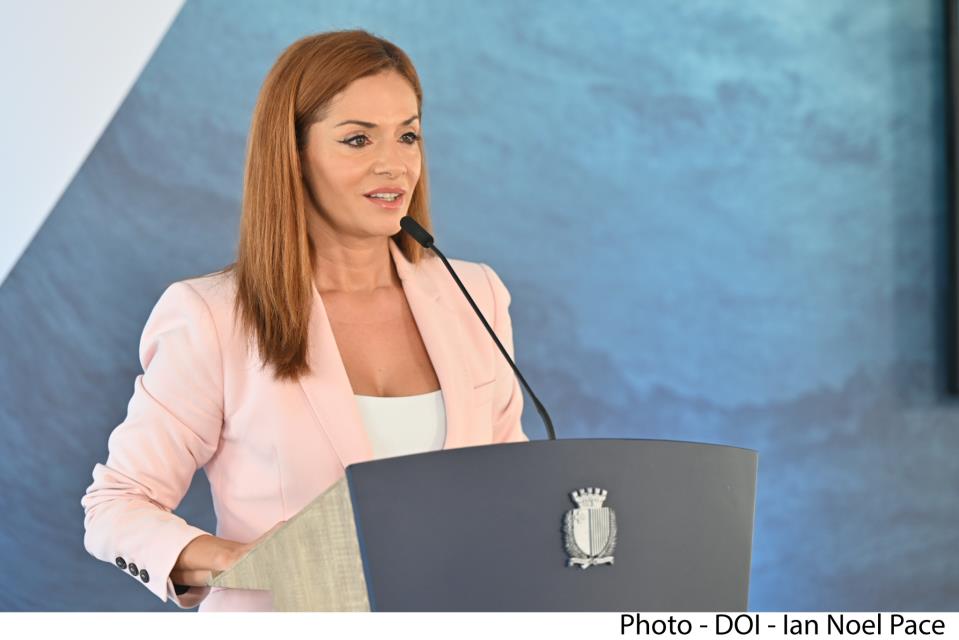
Miriam Dalli
Seen as a shoo-in to at least contest for the party leadership role in 2020, Miriam Dalli eventually did not take part in that race. But now, four years later, her ambition for a bigger role in the party may not have waned and may push her into contesting. Still popular among the general public, despite a summer of discontent due to a spate of power cuts, Dalli would be the PL’s first female deputy leader, and in the long run may also act as a counter to a resurgent Roberta Metsola if she were to become PN leader in the future.
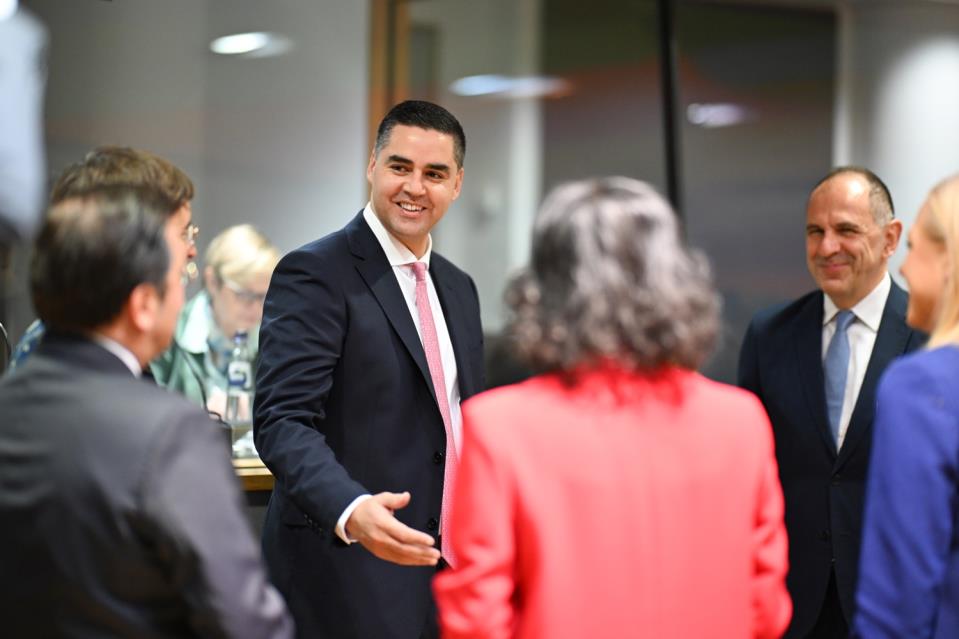
Ian Borg
Another MP who had harboured leadership ambitions back in 2020, Borg has moved out of the limelight somewhat since being shifted to Foreign Affairs Minister. This being said though, Malta’s involvement in the UN Security Council and, more recently, the OSCE means he has avoided slipping into the anonymity that the Foreign Affairs ministry generally brings. Still quite young as he turns 38 in February, Borg may feel that he has a lot more to give and that his grassroots support may well translate into the necessary support among delegates as well.
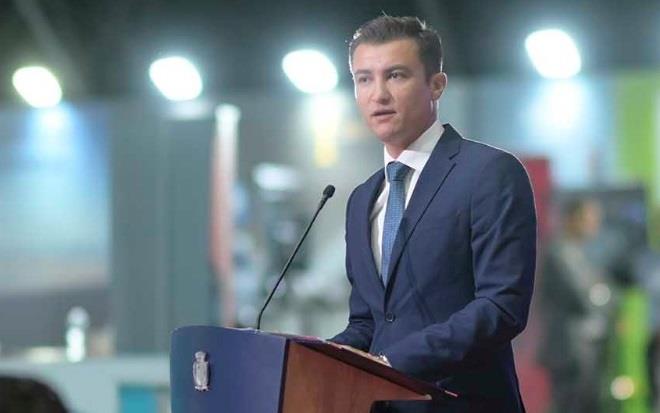
Silvio Schembri
Another popular figure among the grassroots who may also harbour ambitions is Silvio Schembri. He is one of the names who has been heavily touted as a possible contender, and he is said to enjoy a close relationship to Abela. The fact that he was the face of the largely failed attempt to portray Malta as a Blockchain Island has not been held against him, quite the contrary, today he is seen in a positive light over new regulations for the FinTech sector and also pioneering other areas such as eSports in Malta. Only a year senior to Borg, Schembri will likely also be feeling that he has a lot more to give.
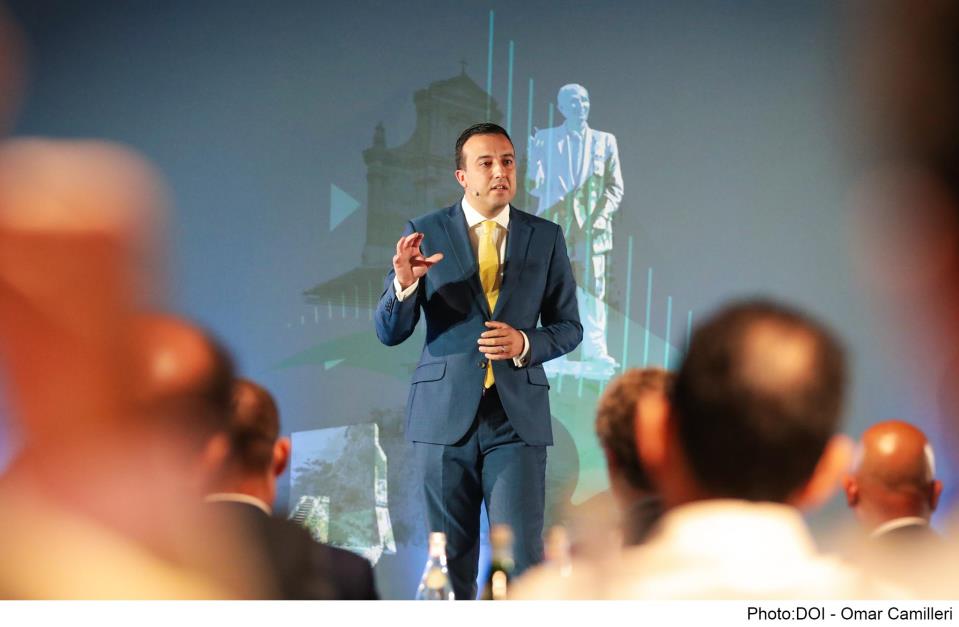
Clint Camilleri
Clint Camilleri is something of a marmite figure in the court of public opinion. He holds great sway with Labour supporters – particularly in Gozo – but others associate him with Gozo’s environmental deterioration and the country’s persistence with hunting. The court of public opinion, however, is not what will govern this race. He is clearly held in high regard by Abela, and he was handed the massively important Planning portfolio to his already significant Gozo portfolio in the Cabinet reshuffle. Delegates may well be wooed by his grassroots support, and by the fact that he would be the first Gozitan to hold a deputy leadership position within the PL since Anton Buttigieg (who served in the post for 15 years) – something which may galvanise the party in what is an important electoral district.
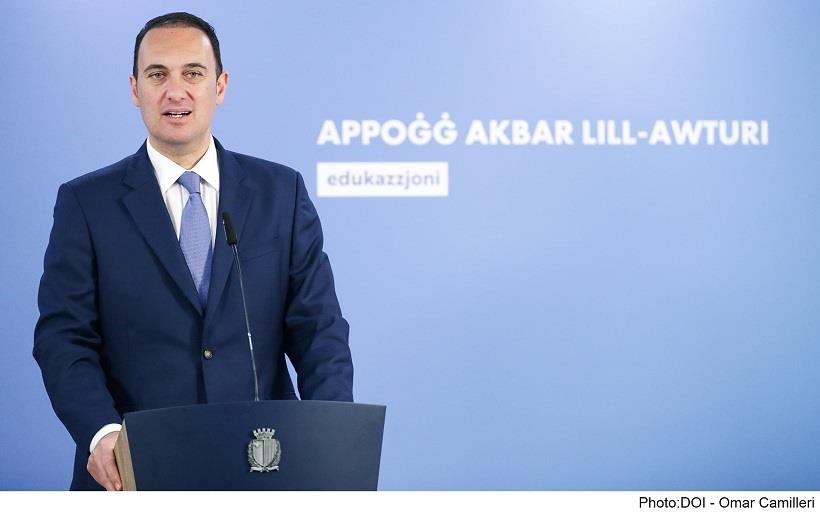
Clifton Grima
In a field of potentially high profile names, Clifton Grima would be quite a dark horse. Having been thinking of contesting the deputy leadership role which Daniel Micallef eventually took, Grima may have similar ambitions come summer. What he lacks in political stature, compared to some of the other possible candidates, he makes up for in terms of the lack of controversies that he has to his name. Delegates may be attracted to this quality, especially if the MEP elections, which will precede this deputy leadership race, deal a blow to the party’s popularity.
Who will replace Fearne in Parliament?
Fearne’s departure to Brussels would leave a vacant seat in Parliament for someone to take up via a casual election.
He was elected in two districts – the third and fourth – and ultimately gave up his seat on the fourth district. This means that it will be the candidates from the third district – made up of Zejtun, Marsascala, Marsaxlokk and Ghaxaq – who will be the hopefuls to become the new owners of a seat in the House of Representatives.
This district is already represented by five Labour MPs: Fearne himself, Carmelo Abela, Andy Ellul, Ray Abela (elected in a casual election) and Alicia Bugeja Said (elected via the gender corrective mechanism).
Out of the remaining Labour Party candidates who contested the district, Chris Agius can also be excluded from the list because he was elected to Parliament in his home second district as well.
That leaves seven who could replace Fearne: Edward Cassar Delia, Audrey Demicoli, James Grech, Jean Claude Micallef, Joe Mizzi, Joseph Sammut and Kenneth Spiteri.
The clear frontrunner is Micallef. He already served as an MP between 2019 and 2022 after being elected in a casual election for Helena Dalli’s seat which was vacated in exactly the same circumstances as this.
He garnered 811 first count votes in the election: over three times the next highest tally, which belonged to Grech, and more importantly inherited far more votes from Fearne in the counting process than any of the others in this list.
He is the favourite, should he decide to contest the casual election.